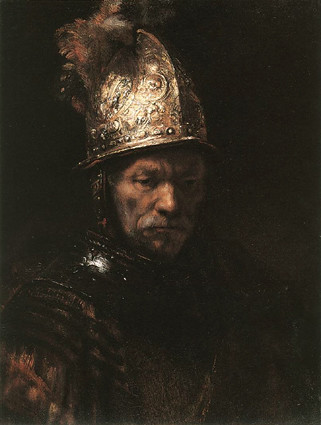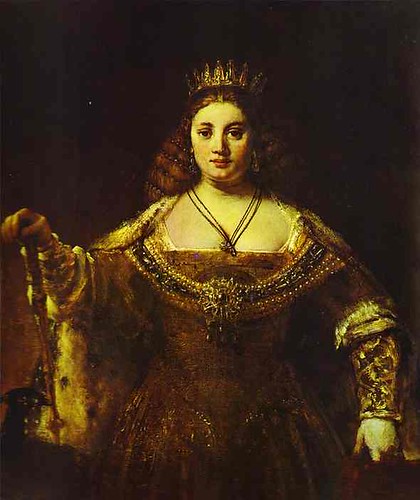Palin's ridiculing the first lady's caution on balanced diet was plain silly as we would have expected from her but Mrs. Obama's rationale itself was quite incredulous to me.
According to a Washington Post article,
In fact, the first lady has never suggested that sweets be banned from the dinner table, cafeteria or campground. She says she tells her daughters, Sasha and Malia, that "dessert is not a right" and that meals should be balanced with fruits and vegetables.
What I read in this paragraph was that as long as her daughters eat fruits and vegetables, they'll get their desserts. I used to think that dessert was served on special occasions rather than everyday implied here.
I did some inquiries amongst my friends and colleagues who was born and grew up in the US on how often they have desserts. The result was less than conclusive. Some said that they have it often but not on daily basis yet someone told me that they have dessert everyday, usually with dinner.
Similarly, in China, when there are guests, they were treated with fruits, nuts and tea, instead of crackers, cheese, chips, beer, wine and liquor. On the other hands, Chinese people used to serve cigarettes too though that practice has been dumped.
佩林与奧巴馬夫人就甜點的争执为我大開眼界,因为我在中國長大,在那里,餐桌甜點是一個陌生的概念。
佩林諷刺第一夫人的平衡飲食的提议是愚蠢的,与我們对她的期望相符; 但奧巴馬夫人的理由本身却很让我懷疑。
據華盛頓郵報的一篇文章讲,
事實上,第一夫人從未建議,在餐桌上,餐廳里或露營地禁止甜食。她說她告訴她的女兒们薩沙和瑪麗雅:"吃甜點不是权利",而應該与水果和蔬菜平衡膳食。
這里我讀到的是,只要她的女兒们吃水果和蔬菜,她們就會得到她們的甜點。我曾經以為甜點是在比较特殊場合吃的,而不是這裡按时的每天都吃。
我在我的出生在美國并在次長大的朋友和同事之間做了一些調查,他們吃甜品的频率。其結果没有定論。有人說,但他們常长吃甜是, 但不时每天读有, 而有人告訴我,他們每天吃甜點,通常是晚餐时吃。
同樣,在中國,如有客人,他們用水果,堅果和茶葉招待客人,而不是用餅乾,奶酪,薯條,啤酒,葡萄酒和白酒。但另一方面,中國人给客人敬香煙,雖然這種做法现在已經被拋棄了。






